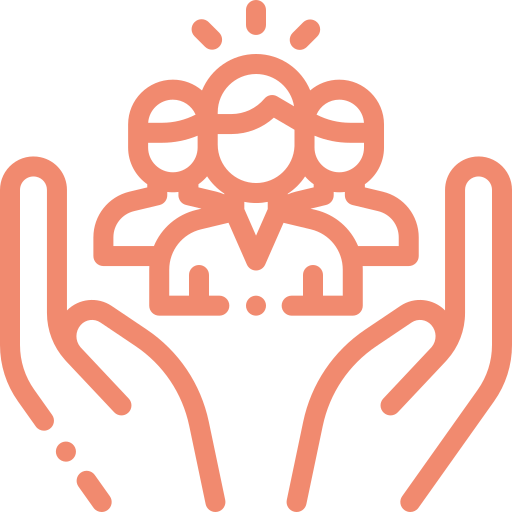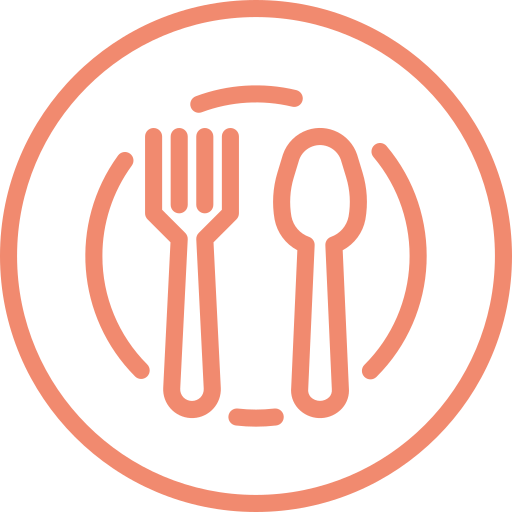A colleague recently asked me what building a relationship meant from a Ghanaian perspective, from my perspective. Indeed, regardless of their type — work, romance, friendship, strategic partnerships, — relationships are formed and nurtured differently according to someone’s culture or geography. If you are, or are interested in, developing your actions in Ghana, let me share with you a few tips about how things work in my country.

Engage personally
In Ghana, the interactions between people could be rigid and formal, or flexible and informal, depending on the nature and depth of the existing relationship. However, all have in common the characteristic desire of Ghanaians to engage on a personal level before engaging in a professional one.
Ghanaians are interested in the well-being of the personal lives of their peers and acquaintances. They will therefore start a meeting with questions about your life, your family and children. They might also discuss trending gossips, news and other topics that are not related to the purpose of the meeting. Such conversation — often labelled as “small talk” in Western societies — is fundamental as it shows interest and build empathy. It is even more important than the aim of the meeting itself, especially in a first encounter. If you skip it, you will be perceived as someone who is uninterested and unresponsive to mankind.
Such conversation — often labelled as “small talk” in Western societies — is fundamental as it shows interest and build empathy.
In Ghana, something as simple as remembering someone’s name is a recipe to earning trust and building a lasting relationship.

Search for common interests
Like anywhere in the world, in Ghana, people sharing a common interest are likely to team up easily and work towards a common goal. It is therefore worth searching for a common interest when developing a relationship. Belonging to the same profession, having a similar background or passion will not only help you break the ice, but it will also help you build trust over time.

Highlight your network
Having a strong network is often valued in the corporate world by executives, leaders, and entrepreneurs who resort to it in order to conduct business activities. In Ghana however, the importance of network is taken to the next level. Before engaging with you, potential partners will first assess the width and quality of your network. It not only shows how influential you are, but also how many doors you could open for them in the future. As such, the wider your network, the more attractive you are as a partner, and the easier the relationship-building process.
The wider your network, the more attractive you are as a partner, and the easier the relationship-building process.
I remember when my former manager was looking for funding to grow her company but didn’t know who to approach. She finally looked into her network for people with ideas and connections to potential donors. Following this strategy, she was granted the right funding for her business.

Give and accept gifts
Gifts giving is very common among Ghanaians when building a lasting relationship. Both giving and accepting a gift are seen as a way to express one’s desire to be friends. It could just be buying your interlocutor a beer, offering to pay for lunch or dinner, giving money as an appreciation for a service rendered, or pay the school fees for a friend’s child who cannot afford to go to school (usually between €500-600). At first, the person receiving the gift might refuse it. However, with some persistence, this person will gladly accept it and be very appreciative of it. Gifts giving could also be seen as a way to secure future favors. By accepting a gift, your relation might feel indebted and willing to return your attention when needed.

Pay attention to emotions
In most Western societies, there is a clear cut between professional relationships and personal ones. If you can show your emotions in a private setting, they are usually not welcome in a professional one, or seen as an unnecessary dramatization of things. Ghanaians on the other hand pay great attention to expressing their emotions – positive or negative, – and using them to build and strengthen relationships.
This attention to emotions leads Ghanaians to be careful not to act or say things in a way that will hurt the feeling of the other person. To the directness that characterized many Western societies, they prefer the politeness of indirectness. Doing so, they protect their relationships on the long run.

Attend socio-cultural gatherings
Ghanaians are really engaged in socio-cultural celebrations like durbar ceremonies, christening, birthdays, funerals or weddings. They don’t hesitate to take a leave from work to attend any of them. This in mind, attending such event as a partner is seen as a great proof of dedication to building a lasting relationship. Your participation will invariably result in strengthening the bond between your partners and yourself.
In addition, socio-cultural gatherings are a great place to catch up, extend your network or discuss ideas. They offer a perfect platform to engage personally with people from different backgrounds and expertise, exchange gifts, share emotions like happiness during weddings, durbar ceremonies etc., or mourning during funerals.
.

Joseph Agodzo
With a background in sustainable development and entrepreneurship, Joseph has more than 7 years of experience working with social purpose organizations in Africa. He has been helping organizations grow by combining his skills in sustainability and entrepreneurship.
stay up to date
We have at heart to be a resource to you. According to your preference, we will share insights, trainings, networking events and career opportunities that might be of interest for anyone from entry-level to seasoned professionals.
Contact
Phone
+31 (0)6 30 69 45 95
Address
Eursinge 8, 7935AB Eursinge (de Wolden), The Netherlands
228 East 45th Street, Suite 9E New York, NY 10017, USA
info@hvfc-international.com
Join us on
© 2024 HVFC International. All rights reserved.
HVFC ® is a registered trademark of HVFC International B.V.